Optimal Timing for Bathtub Installations
Choosing the optimal time for bathtub installations can impact project efficiency and quality. Factors such as weather conditions, temperature, and scheduling availability influence when a bathtub can be installed most effectively. Understanding seasonal patterns helps ensure a smooth process and durable results.
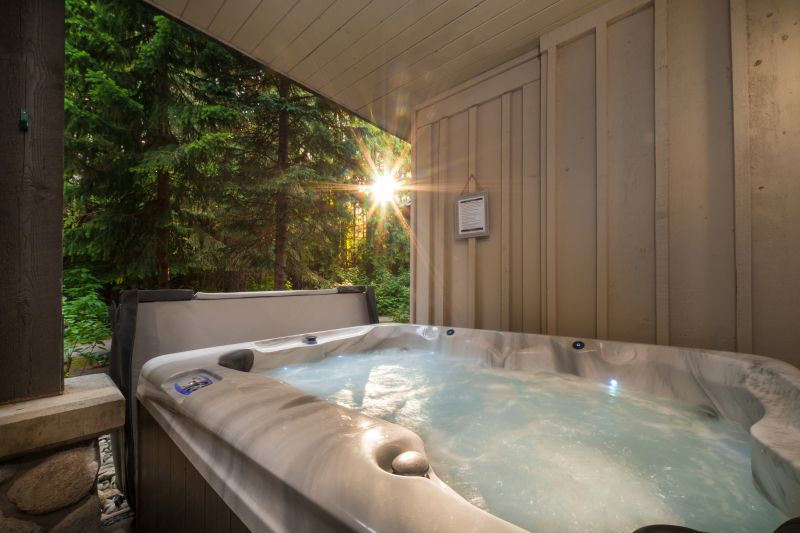
Spring offers moderate temperatures and less humidity, ideal for installation projects.
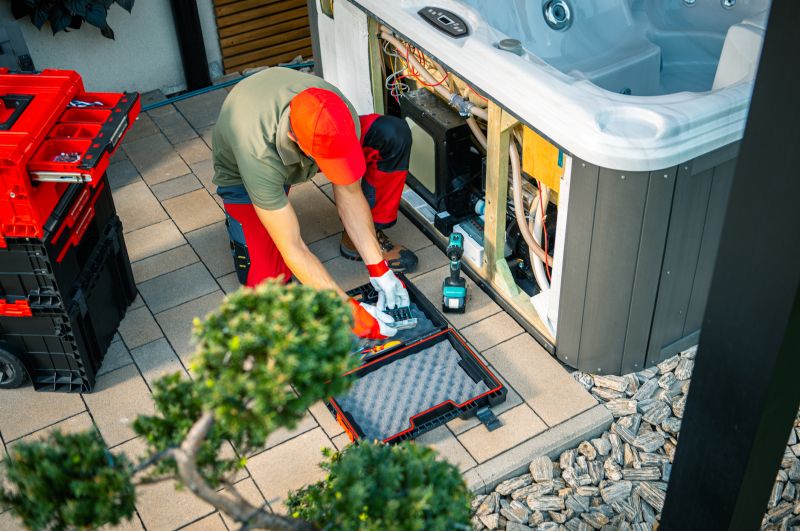
Summer provides longer daylight hours, but high temperatures and humidity can pose challenges.
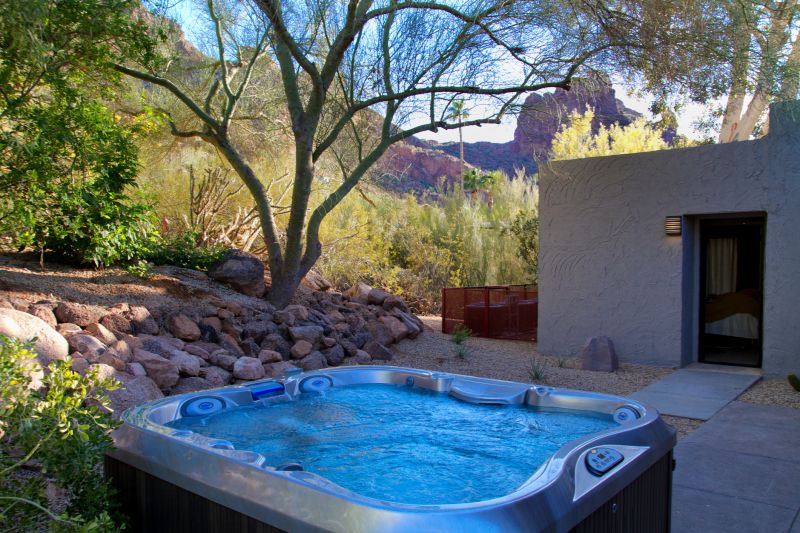
Fall features cooler weather and less rain, making it suitable for outdoor work and interior projects.
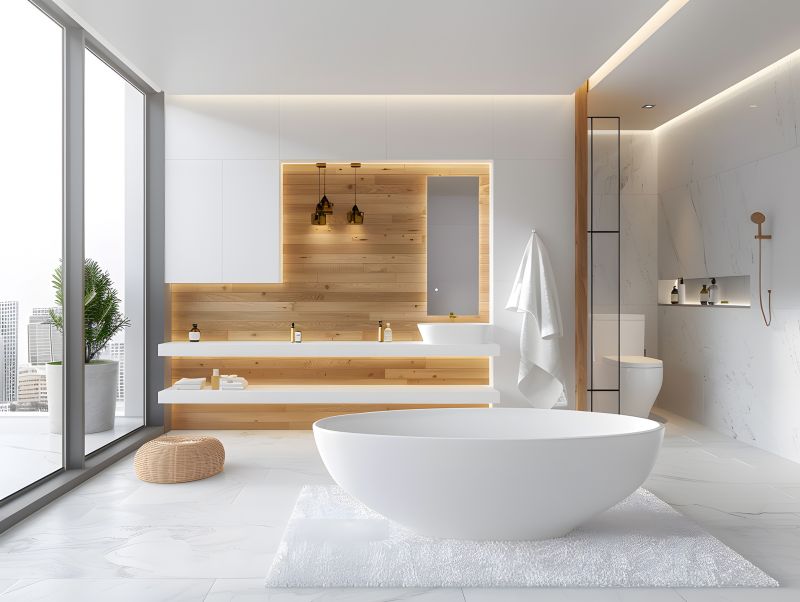
Ways to make Bathtub Installations work in tight or awkward layouts.
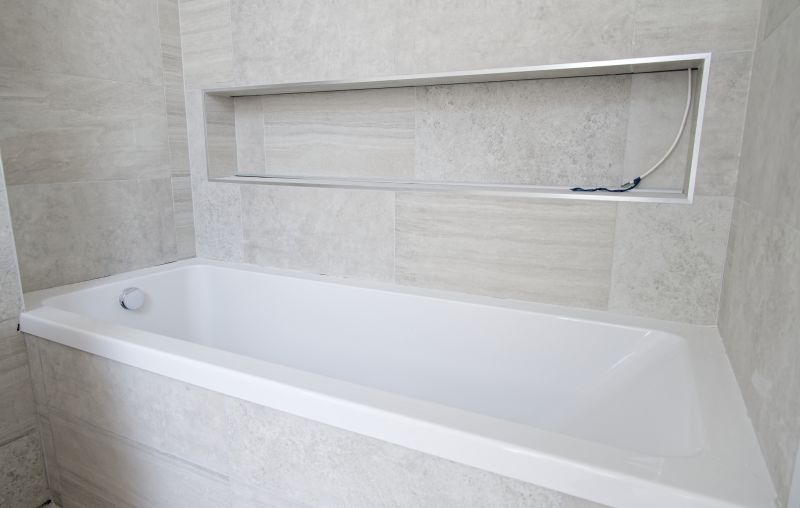
Popular materials for Bathtub Installations and why they hold up over time.

Simple add-ons that improve Bathtub Installations without blowing the budget.
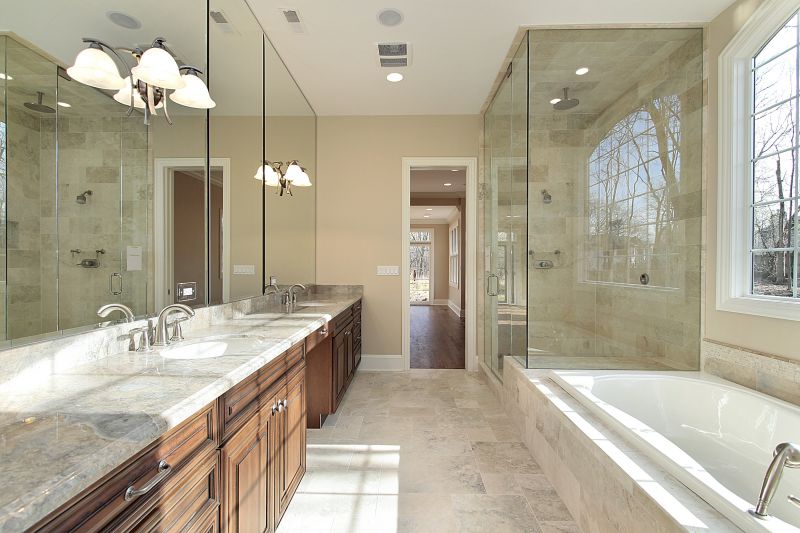
High-end options that actually feel worth it for Bathtub Installations.

Finishes and colors that play nicely with Bathtub Installations.
Bathtub installations are a critical part of bathroom remodeling and new construction projects. Proper timing ensures materials set correctly and reduces delays caused by weather or scheduling conflicts. The best time frames often depend on local climate conditions and project scope.
Avoid installing during extreme weather conditions such as heavy rain or freezing temperatures to prevent issues with adhesives and fixtures.
Scheduling during off-peak seasons can improve access to materials and reduce costs.
Spring and fall are popular times for installations, so planning ahead can secure preferred dates.
Interior installations are less affected by weather, allowing more flexibility in timing.

Preparation, fitting, sealing, and finishing are key steps in the installation process.
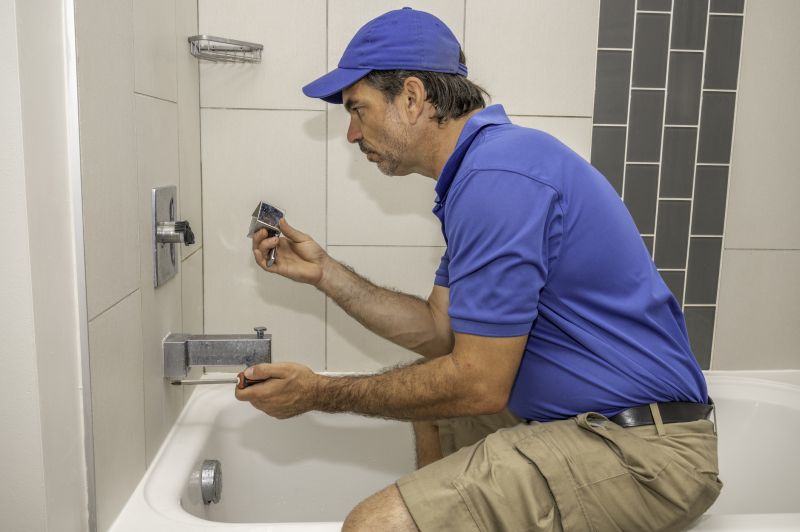
Proper tools ensure precise fitting and secure installation of bathtubs.

Various materials like acrylic, cast iron, and fiberglass are used based on project needs.
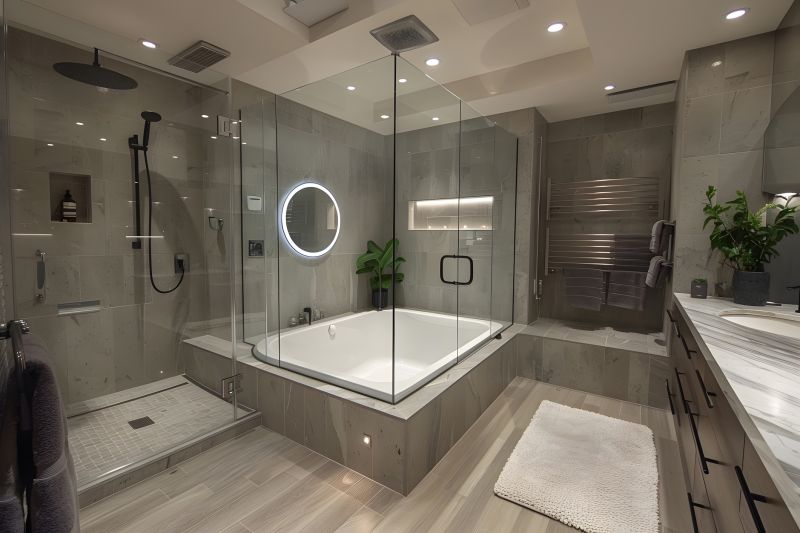
Modern bathtub designs incorporate ergonomic features and aesthetic appeal.
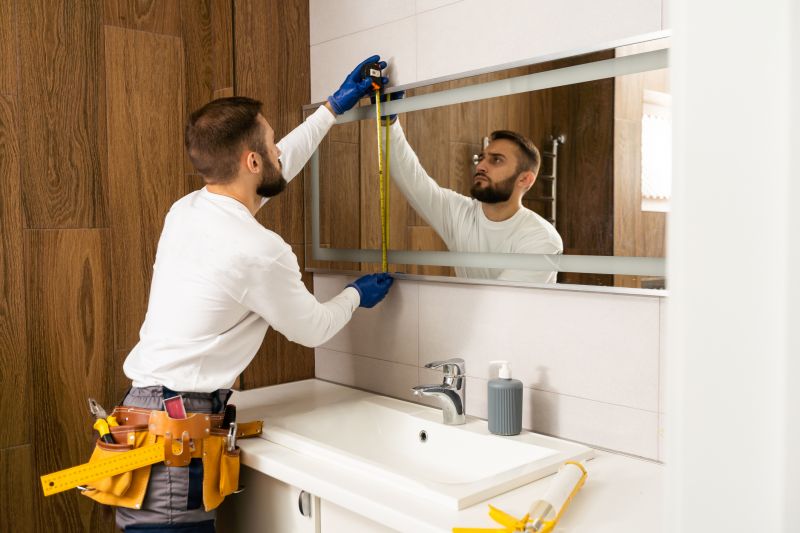
Little measurements that prevent headaches on Bathtub Installations day.
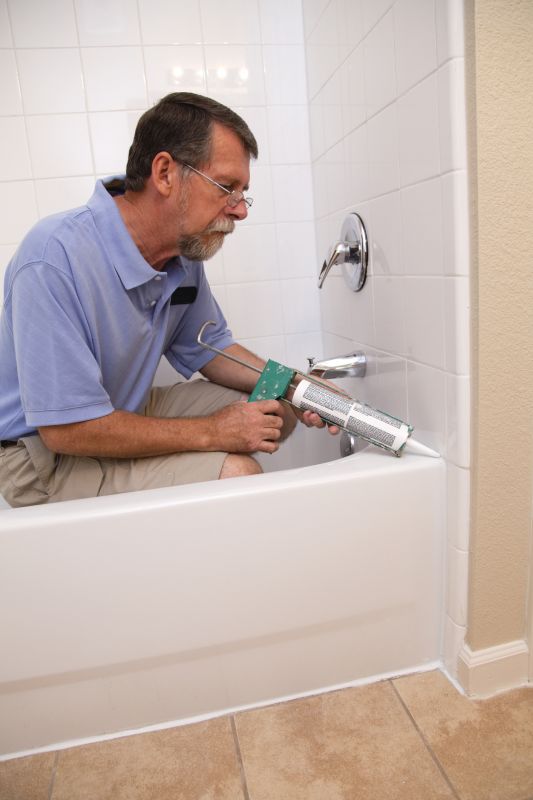
A 60-second routine that keeps Bathtub Installations looking new.
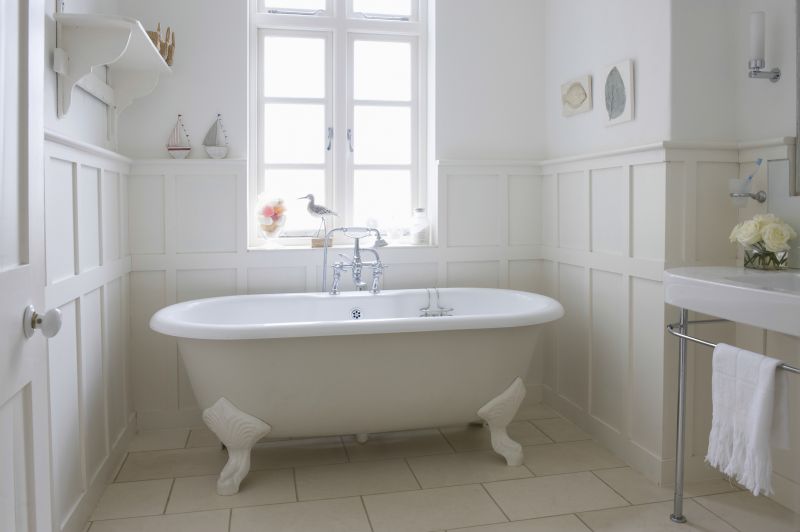
A frequent mistake in Bathtub Installations and how to dodge it.
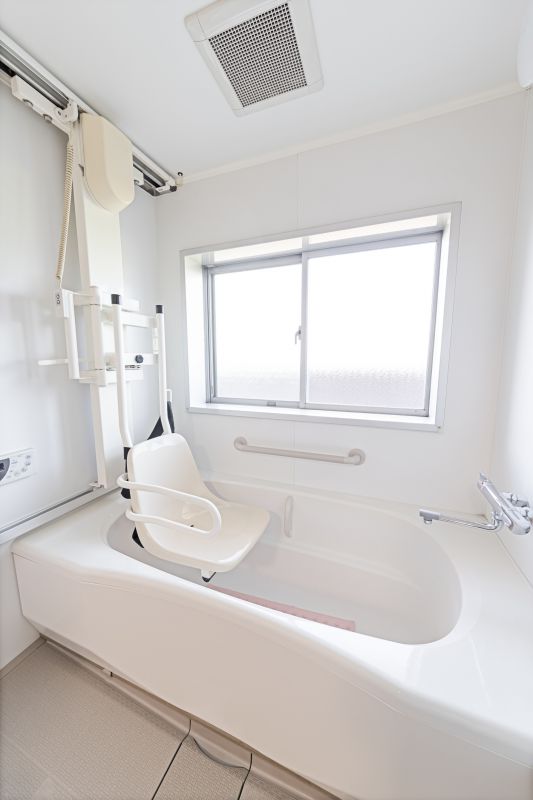
Small tweaks to make Bathtub Installations safer and easier to use.
| Season | Advantages |
|---|---|
| Spring | Moderate weather, good for both indoor and outdoor installations. |
| Summer | Longer daylight hours, but watch for heat and humidity. |
| Fall | Cooler temperatures, less rain, ideal for interior projects. |
| Winter | Potential delays due to cold weather; best for indoor projects. |
Statistics indicate that scheduling bathtub installations during spring and fall can reduce project delays by up to 25%. Proper planning around seasonal weather patterns ensures the durability of fixtures and minimizes rework. Interior installations are generally less affected by seasonal changes, offering more flexibility.
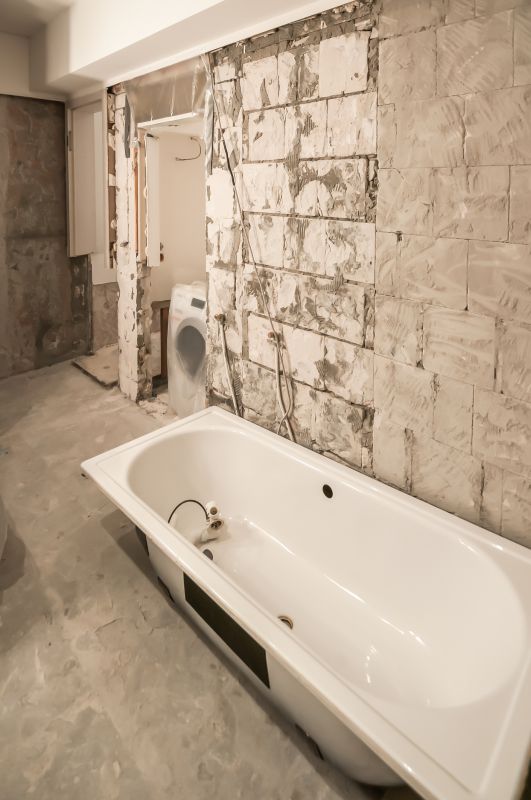
Effective scheduling aligns with seasonal weather and contractor availability.
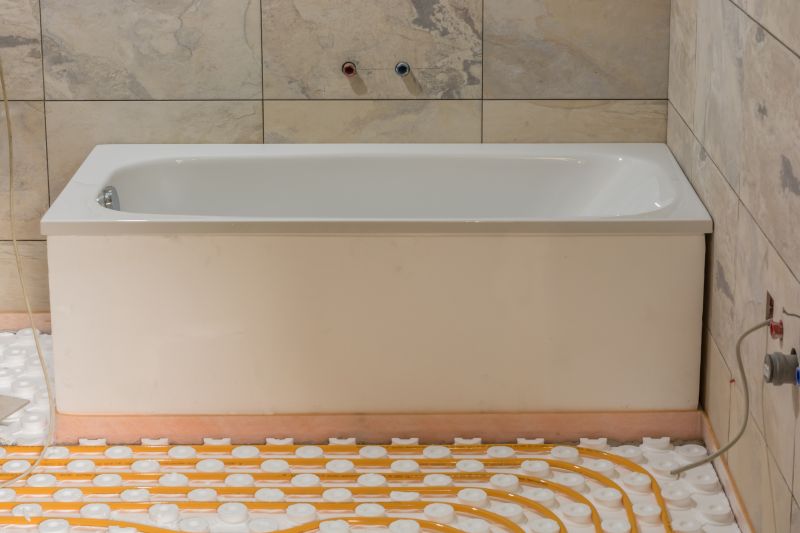
Extreme cold or heat can compromise sealants and adhesives used in installation.
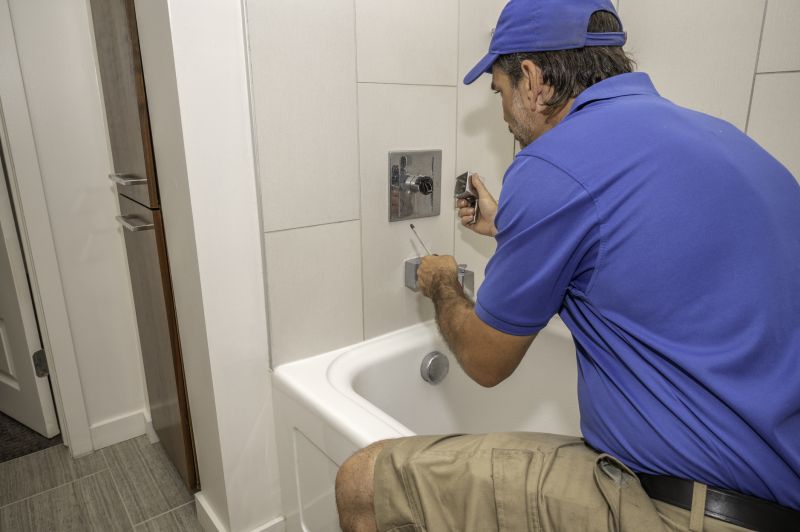
Ensuring proper site preparation ahead of the scheduled time prevents delays.
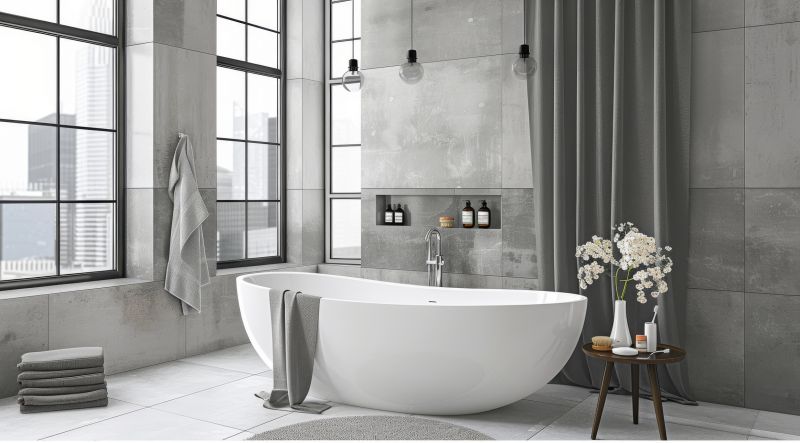
Timely inspection ensures quality and longevity of the bathtub installation.
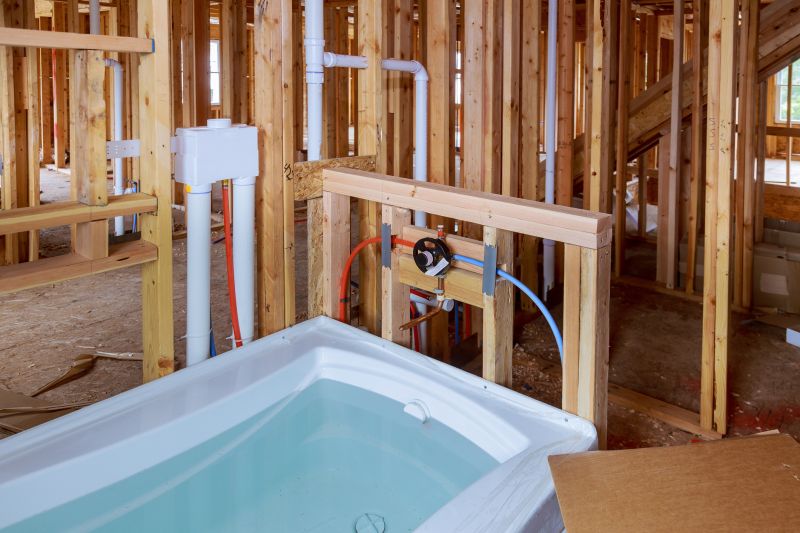
Lower-waste or water-saving choices for Bathtub Installations.
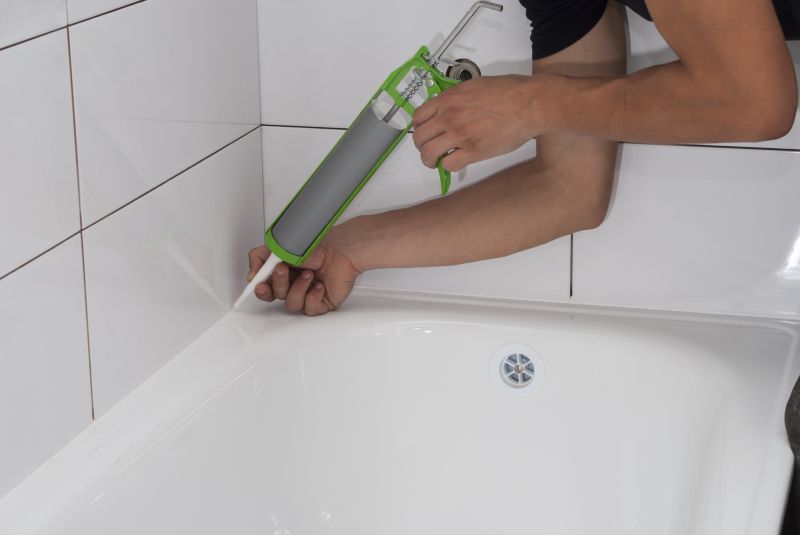
The short, realistic tool list for quality Bathtub Installations.
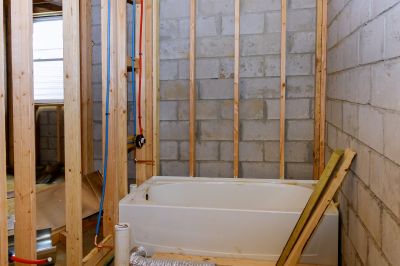
Rough timing from prep to clean-up for Bathtub Installations.
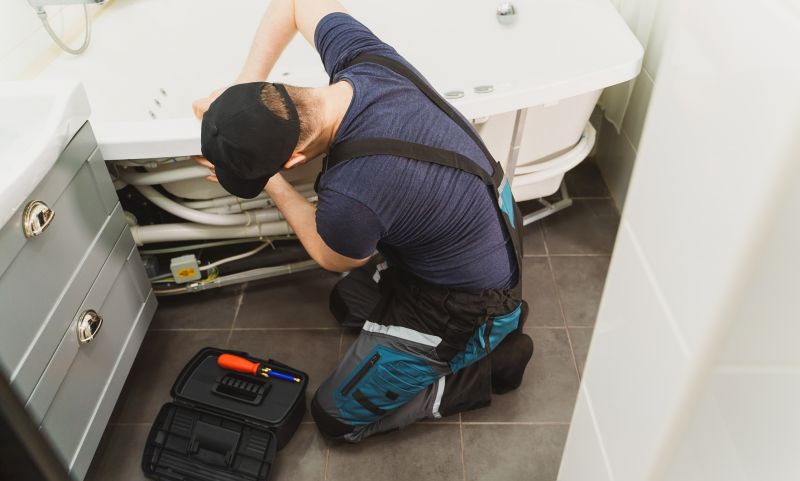
Quick checks and paperwork to keep after Bathtub Installations.
Interested in scheduling a bathtub installation? Filling out the contact form provides an opportunity to discuss timing options and project details. Proper planning ensures a smooth process and a durable, high-quality result.

